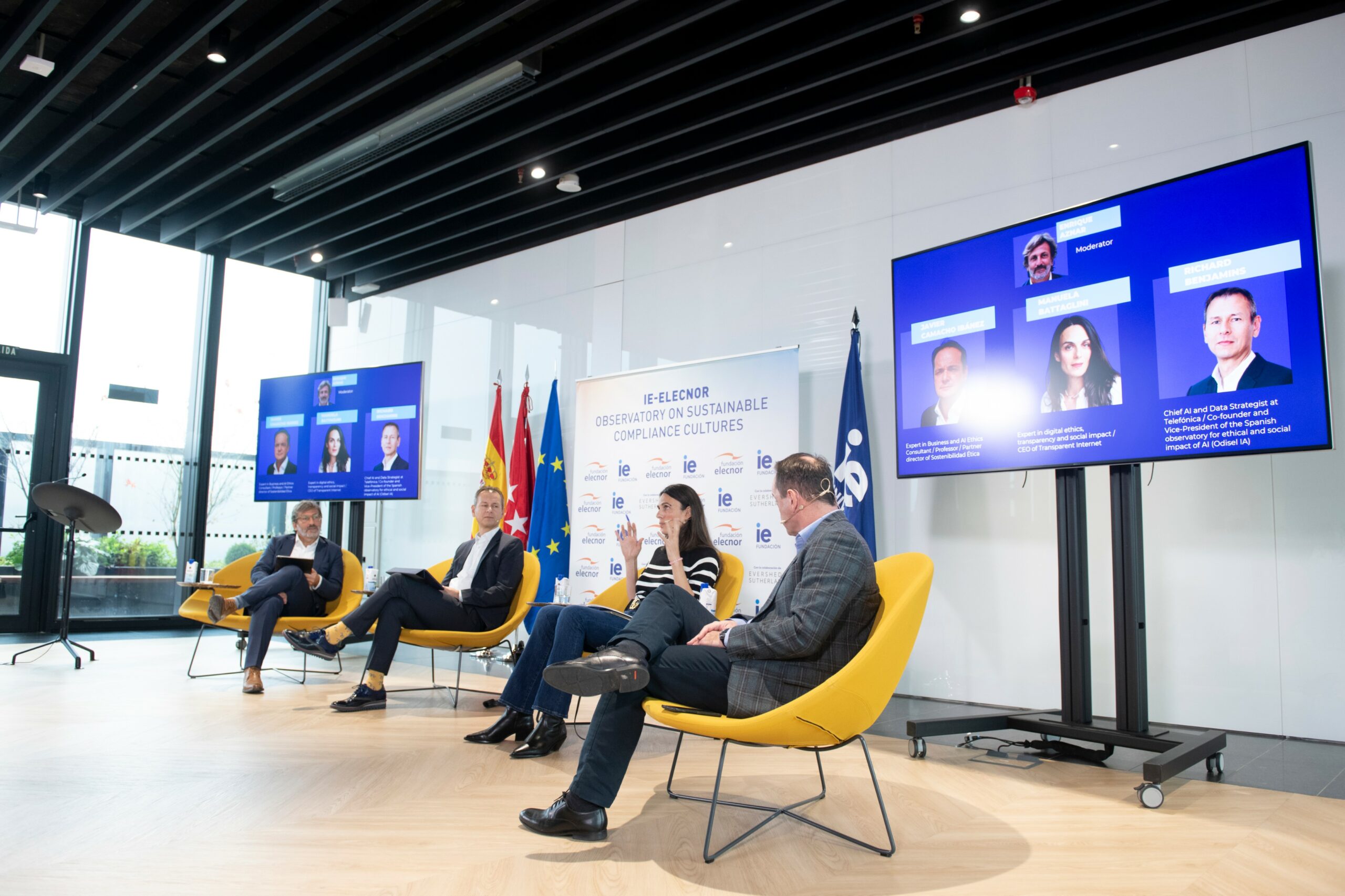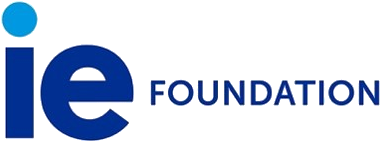Artificial Intelligence in Business: Opportunities and Ethical Challenges

The use of artificial intelligence has the potential to transform many industries; in the business world, it is used to automate various tasks and processes, from data analysis, customer service, and supply chain. Artificial intelligence's use poses incredible advantages and challenges from legal and ethical perspectives.
On December 14th, 2022, the IE - Elecnor Observatory on Sustainable Compliance Culture celebrated the event: "Artificial Intelligence in Business: Opportunities and Ethical Challenges", an insightful debate among professionals on the advantages and consequences of using Artificial Intelligence in the business environment.
The debate was moderated by the Observatory director, Enrique Aznar, along with the presence of leading experts in the sector: Manuela Battaglini Manrique de Lara, an expert in digital ethics, transparency, and social impact and CEO and researcher of Transparent Internet, Richard Benjamins, Chief AI and Data Strategist at Telefónica and Co-founder and Vice-President of the Spanish observatory for the ethical and social impact of AI (Odisel IA), and Javier Camacho, an expert in Business and AI Ethics Consultant, Professor and Partner director of Sostenibilidad Ética.
During the discussion, the panellists shared their different experiences and points of view, among them: the interaction between artificial intelligence with sustainable compliance, how artificial intelligence helps compliance, the use of artificial intelligence in business becoming more productive with a positive impact in society.
Richard Benjamins: “There are two narratives if you think about AI and business and ethics: to avoid negative impact, which is the part of doing it in the right and ethical way and looking broader than just profits and optimization, keeping the human factor always in the loop. But then there is a whole other area, where you can actually use the technology actively to create a positive impact.”
Javier Camacho: “Artificial intelligence from a business perspective, has three building blocks: the algorithms, the data, and the people. Out of those three building blocks, the real challenge is not about the algorithm, is about the people, the processes, the culture, including the integrity of the compliance culture of the company. If the company has the right mindset artificial intelligence can make wonders, also in terms of compliance”.
Manuela Battaglini: "The only parameter to measure AI systems should be if they solve or not human problems. The reality is that we are not solving the problems caused by the Automated Decision Making processes and the public sector is using technology as the private sector does. How are we going to solve human problems and bring prosperity to citizens if the main decisions are taken by an algorithm?
The event was finalized with a round of questions from the audience.



